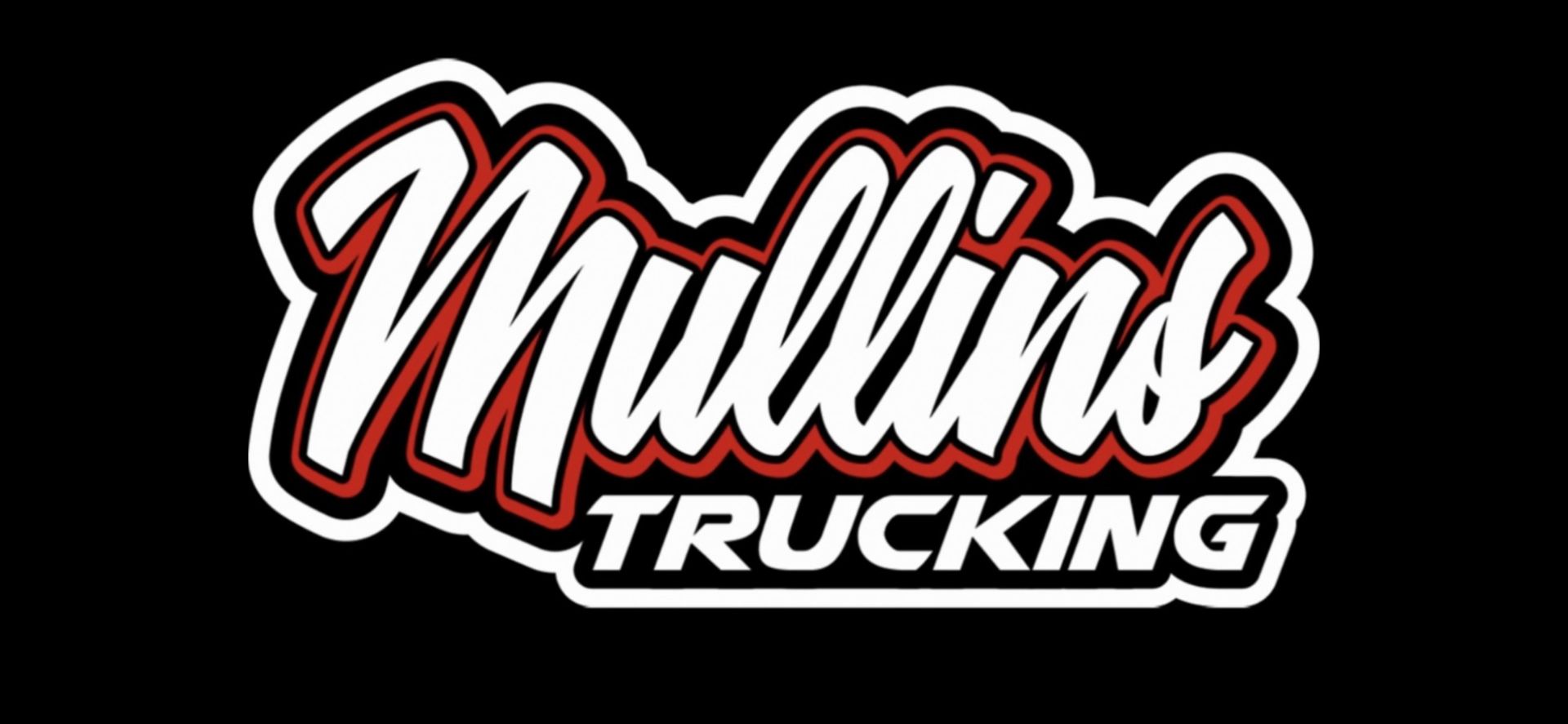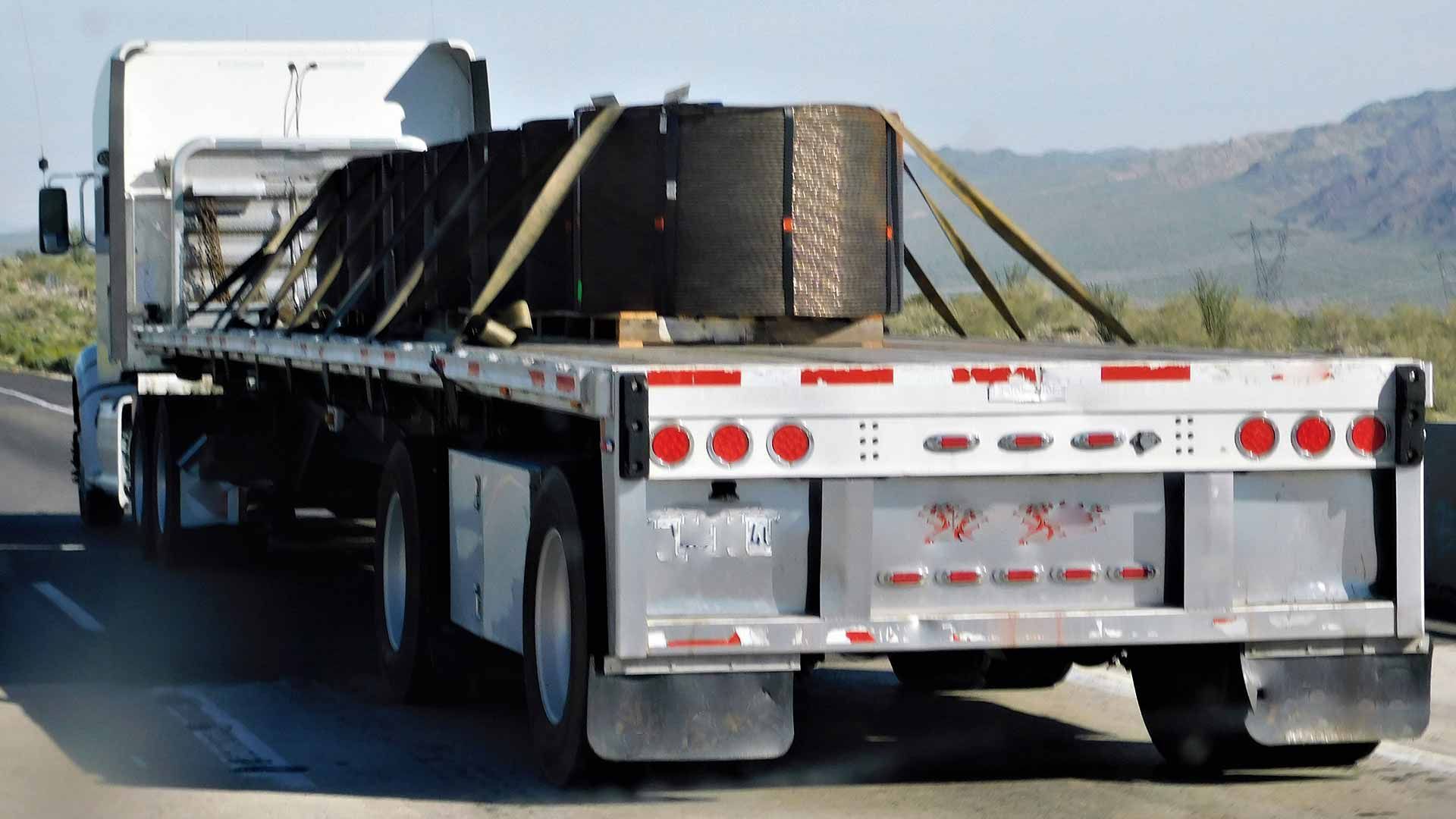Fuel Efficiency Secrets for Long Haul Delivery Trucks.
Proper Route Planning
When it comes to achieving optimal long haul delivery fuel efficiency, proper route planning emerges as a cornerstone strategy. The road to fuel savings begins with choosing the most efficient path from point A to point B.
Utilizing modern technology like GPS systems and routing software, drivers and fleet managers can plot out routes that minimize unnecessary detours and avoid heavy traffic areas. By taking the shortest and most direct paths, delivery trucks can conserve fuel and reduce travel time.
Moreover, route planning doesn't stop at the initial selection. It's an ongoing process that involves staying updated on traffic conditions and weather forecasts. Real-time information allows for route adjustments, ensuring that trucks always follow the most fuel-efficient course.
Effective route planning isn't just about saving money on fuel; it's also about maximizing productivity and customer satisfaction. By arriving at their destinations faster and with less fuel consumed, long haul delivery trucks can serve customers more efficiently while cutting operational costs.
Maintenance and Vehicle Upkeep
In the world of long haul delivery, maintaining the health of your
delivery truck is paramount to achieving optimal fuel efficiency. Neglected maintenance can lead to higher fuel consumption, increased repair costs, and unexpected breakdowns, all of which can disrupt delivery schedules and erode profits.
Regular maintenance checks are essential to keep the engine running smoothly. This includes routine inspections, oil changes, air filter replacements, and tuning. A well-maintained engine operates more efficiently, using less fuel to generate the power needed for long journeys.
Tire maintenance is equally critical. Properly inflated tires with adequate tread reduce rolling resistance, which directly affects fuel consumption. Fleet managers should implement tire maintenance schedules, rotate tires regularly, and ensure that all tires meet recommended specifications.
Additionally, keeping the truck's weight within recommended limits is crucial. Overloaded trucks require more fuel to move, so it's essential to monitor cargo weight and distribution carefully.
By prioritizing maintenance and vehicle upkeep, long haul delivery companies can not only improve fuel efficiency but also extend the lifespan of their trucks and reduce the risk of unexpected breakdowns on the road.
Advanced Fuel-Saving Technologies
The quest for optimal long haul delivery fuel efficiency has led to the development and integration of advanced technologies in modern delivery trucks. These innovations are designed to
maximize fuel savings, reduce environmental impact, and enhance overall performance.
One such technology involves improving the aerodynamics of long haul trucks. Streamlined designs and aerodynamic enhancements, such as side skirts and fairings, reduce wind resistance, allowing trucks to move through the air more efficiently. This can lead to significant fuel savings, especially during highway driving.
Another fuel-saving innovation is the use of fuel-efficient tires and tire pressure monitoring systems. These specialized tires are designed to reduce rolling resistance, minimizing the effort required to move the truck. Combined with tire pressure monitoring systems, which ensure that tires are properly inflated, they contribute to improved fuel economy.
Engine technologies have also evolved to enhance fuel efficiency. Features like start-stop systems, which automatically shut off the engine when idling, and regenerative braking, which captures and stores energy during braking, help conserve fuel and reduce emissions.
By embracing these advanced fuel-saving technologies, long haul delivery companies can not only cut operational costs but also demonstrate their commitment to sustainability and environmental responsibility in the logistics industry.
Driver Training and Best Practices
In the world of long haul delivery, the driver's role is pivotal in achieving optimal fuel efficiency. Even the most advanced trucks can't maximize their potential without skilled and conscientious drivers. Therefore, driver training and adherence to best practices are essential components of fuel-saving strategies.
Driver behavior plays a significant role in fuel consumption. Smooth acceleration and deceleration, rather than abrupt starts and stops, can make a considerable difference in fuel efficiency. Proper gear shifting, maintaining a steady speed, and avoiding unnecessary idling also contribute to saving fuel.
Encouraging the use of cruise control during highway driving can help maintain consistent speeds and reduce fuel consumption. Drivers should also be aware of the impact of excessive idling, which consumes fuel without progressing towards the delivery destination.
Training programs should educate drivers on these best practices and emphasize the importance of their role in fuel efficiency. Safe and fuel-efficient driving habits not only benefit the company's bottom line but also contribute to a safer and more sustainable transportation industry.
Fuel Management Strategies
In the realm of long haul delivery, effective fuel management strategies can be a game-changer when it comes to optimizing fuel efficiency. These strategies rely on data-driven insights and real-time monitoring to make informed decisions that lead to reduced fuel consumption and lower operational costs.
Fuel management systems equipped with sensors and monitoring devices offer real-time visibility into fuel consumption patterns. These systems track fuel usage, driver behavior, and vehicle performance, providing valuable data that can be used to identify inefficiencies.
Telematics technology plays a crucial role in fuel management. By collecting and analyzing data
from delivery trucks, fleet managers can pinpoint areas where fuel is being wasted. This data-driven approach allows for informed decision-making, such as route adjustments, driver training, or maintenance schedules tailored to maximize fuel efficiency.
Additionally, fuel management systems can also monitor and control idle times, ensuring that trucks are not left idling unnecessarily, which is a significant source of fuel consumption.
Long haul delivery companies that implement robust fuel management strategies can reap substantial benefits, including reduced fuel costs, minimized environmental impact, and increased overall operational efficiency.
Alternative Fuels and Green Initiatives
In the ever-evolving landscape of long haul delivery, sustainability and eco-friendliness have become critical considerations. As environmental concerns grow, so does the importance of exploring alternative fuels and adopting green initiatives in the industry.
One significant strategy to enhance sustainability is the use of alternative fuels, such as natural gas and electric power. Natural gas-powered trucks produce fewer emissions and are considered a cleaner alternative to traditional diesel fuel. Electric trucks are also gaining prominence, offering zero emissions during operation.
Moreover, long haul delivery companies are increasingly incorporating green initiatives into their operations. These initiatives may include adopting hybrid or electric vehicles, investing in renewable energy sources for charging and facilities, and implementing eco-friendly logistics practices.
Businesses that embrace alternative fuels and green initiatives not only reduce their carbon footprint but also position themselves as environmentally responsible industry leaders. These initiatives can also lead to long-term cost savings and enhance their brand image in an increasingly eco-conscious market.
Cost-Benefit Analysis
In the realm of long haul delivery, making informed decisions is paramount. Before implementing fuel efficiency measures and adopting new technologies, it's essential for businesses to conduct thorough cost-benefit analyses to assess the financial implications.
A cost-benefit analysis involves evaluating the upfront costs of implementing fuel-saving strategies against the expected benefits and savings over time. It's a valuable tool for decision-makers to determine if the investment in fuel efficiency will yield a positive return on investment (ROI).
In the analysis, consider various factors, including the cost of technology adoption, expected fuel savings, maintenance costs, and potential productivity improvements. This data-driven approach helps businesses prioritize strategies that offer the most significant ROI and align with their budgetary constraints.
Moreover, long-term benefits, such as reduced fuel expenses, prolonged vehicle lifespan, and environmental benefits, should be factored into the analysis. Demonstrating the long-term financial advantages of investing in fuel efficiency can justify the initial costs and provide a clear path towards profitability.
By conducting cost-benefit analyses, long haul delivery companies can make data-driven decisions that not only enhance fuel efficiency but also contribute to their bottom line and long-term success.
Conclusion
In the ever-evolving landscape of long haul delivery, mastering fuel efficiency is the key to success. By incorporating the fuel efficiency secrets discussed in this article, long haul delivery companies can drive towards a future marked by sustainability, cost-effectiveness, and responsible business practices.
From strategic route planning to the adoption of advanced technologies and the promotion of driver best practices, these secrets serve as a roadmap to reduced fuel consumption, lowered operational costs, and a reduced carbon footprint.
Moreover, exploring alternative fuels and embracing green initiatives not only positions companies as responsible industry leaders but also prepares them for a future where environmental sustainability is of paramount importance.
Remember, making informed decisions through cost-benefit analysis is critical for optimizing fuel efficiency without exceeding budgets. The journey to fuel savings begins with these essential secrets, and long haul delivery companies that prioritize fuel efficiency will not only thrive but also lead the way in creating a greener and more sustainable future.
For top-tier long haul delivery services that prioritize fuel efficiency, contact
Mullins Trucking LLC at
606-794-0824. We are committed to delivering your cargo efficiently, sustainably, and cost-effectively. Make the smart choice for your long haul delivery needs today.












